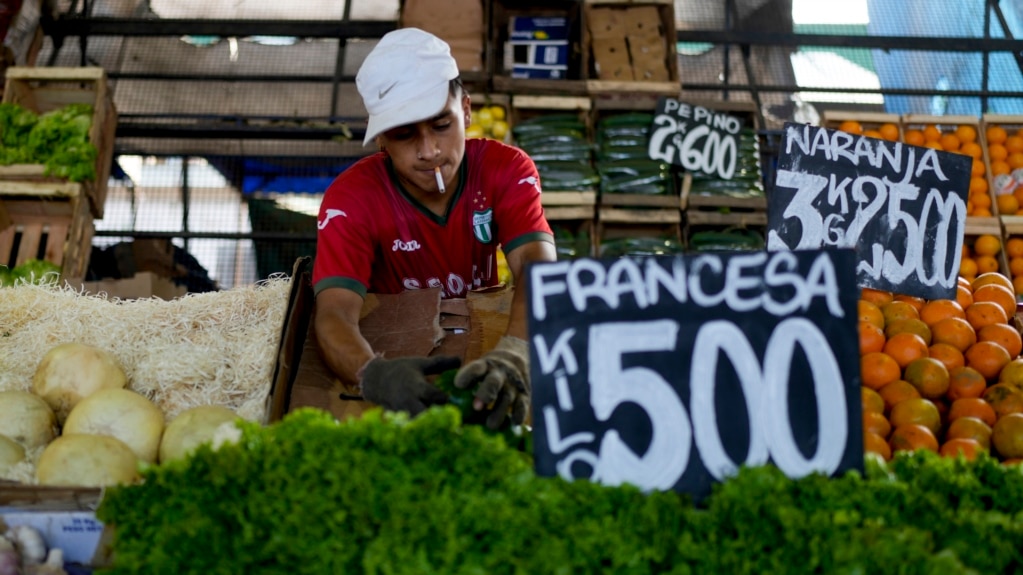Argentina’s yearly inflation increased to 211.4 percent in 2023, numbers released recently by the government show. It is the highest rate in 32 years.
The data from the National Institute of Statistics and Censuses, called INDEC, shows the effects of strong and difficult economic measures. They include a 50 percent devaluation of the country’s money by President Javier Milei in hopes of bringing the country’s high inflation under control.
The yearly inflation number was much higher than the 95 percent number in 2022. For December, the monthly inflation rate was at 25.5 percent, up from 12.8 percent in November. But it is under the 30 percent the government had predicted.
Milei said before the numbers were released that if the monthly inflation rate came in below the prediction, that would be a success.
“If the number is closer to 25 percent, it means that the success was tremendous,” Milei said.
In his inauguration speech, Milei announced a painful plan meant to avoid extremely high inflation. He warned that the measures would at first have harmful effects “… on the level of activity, employment, real wages, and the number of poor and indigent people.”
It is estimated that around 40 percent of the country’s population lives in poverty.
Food and non-alcoholic drinks, which have the largest effect on the yearly inflation rate, saw an average increase of 29.7 percent in December, INDEC found. Other products used by the general population rose by around 30 percent, while medications had an average increase of 40 percent.
Graciela Bravo, a 65-year-old retiree, said, "Nothing is cheap." She told the Reuters news agency that she used to buy potatoes by the kilo. "Now I get three potatoes or four potatoes so they don't spoil,” she said.
Alejandro Grossi, a 49-year-old lawyer, said he was used to rising prices after years of inflation. He said, "It's like we're used to it, it's already something so natural here: inflation and changing prices."
I’m Gregory Stachel.

